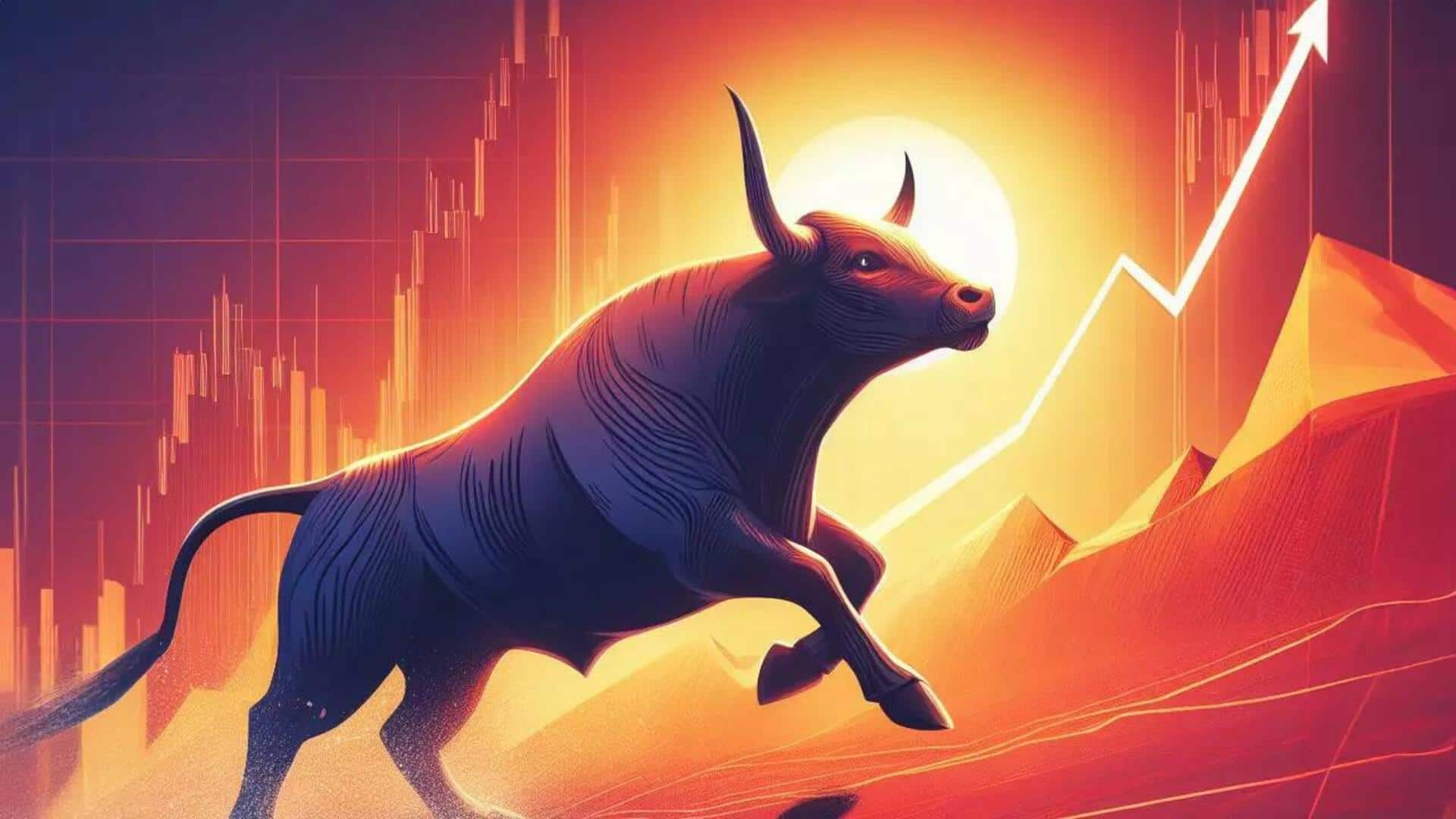
InCred raises Nifty50 FY24 target to 23,191: Know driving factors
What's the story
InCred Equities, a prominent brokerage firm, has updated its Nifty50 target for FY24 to 23,191, suggesting a 10% increase from the current levels. This change comes as the Indian market reaches new heights, thanks to robust GDP growth data, the Reserve Bank of India (RBI) maintaining repo rates, strong foreign investor inflows, and falling crude prices. The Nifty50 has already given nearly 15% return on a year-to-date (YTD) basis.
Details
Brokerage lists 6 factors for Nifty50's bullish outlook
The factors behind Nifty50's bullish outlook include India's real GDP growth of 7.6% YoY in Q2 FY24, state elections favoring the ruling BJP party, and the RBI keeping its repo rate stance for the fourth consecutive meeting. Moreover, interest rate cuts in upcoming quarters are expected to benefit capital-intensive sectors like Telecom, Power, Aviation, Infrastructure, and Hospitality. Lastly, SIP flows in domestic mutual funds continue to reach new heights with a 30% YoY growth rate, helping counterbalance FII selling pressure.
What Next?
Bull and bear case scenarios
InCred Equities's optimistic scenario assumes a GDP growth of 7%, Brent crude prices below $105 per barrel, inflation under 5%, repo rate hike of less than 50 bps, and above-normal monsoon. In this case, the Nifty50 is projected to hit 23,191. Conversely, the pessimistic scenario assumes GDP growth of under 6%, Brent crude prices above $125, inflation over 7%, repo rate hike of more than 75 bps, and below-normal monsoon. In this situation, the Nifty50 target is set at 18,553.
Insights
Interest rate easing trend and sector benefits
The brokerage pointed out that the interest rate easing trend seen globally and in India could reverse the 70 bps of sales pain accumulated since March for BSE-500 stocks, boosting EPS by 4%. Major sectors expected to benefit from this trend are Telecom, Power, Realty, Aviation, and Logistics. The anticipation of rate cuts in the coming quarters is predicted to benefit capital-intensive sectors that have experienced a 50-150 bps rise in interest cost to net sales over the past year.